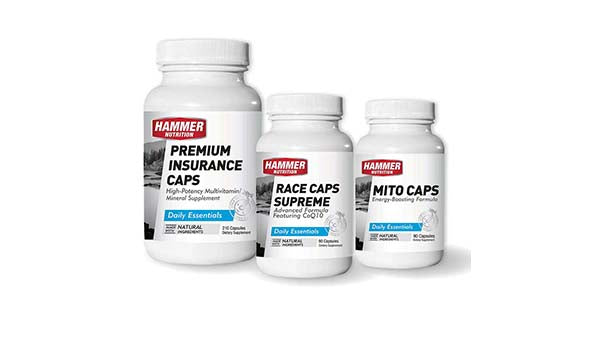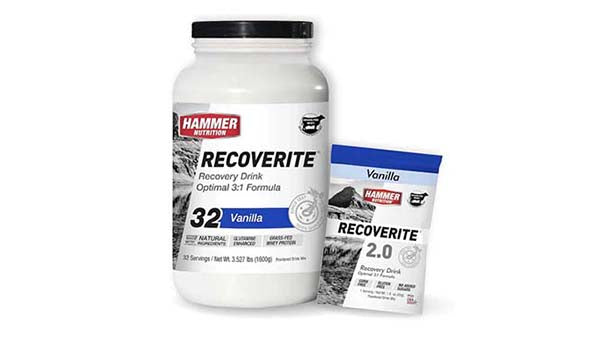BY STEVE BORN
When you consistently consume fruits, vegetables, nuts, healthy fats, and other nutritious foods, you supply your body with a myriad of extraordinary health-benefiting nutrients, ones that are oftentimes unique to that particular food source.
Stronger immunity, optimal organ function, protection against age-related diseases—these are just a handful of the benefits that the chemicals in plants (phytonutrients) and the compounds in healthy fat foods provide.
One more benefit to add to the list: Reduced risk of depression.
In recent research from Manchester Metropolitan University, a diet containing foods that are known to promote inflammation—those high in sugar, trans fatty acids, and processed carbohydrates and meats—was shown to increase the risk of developing depression by about 40%.
For this study, researchers used 11 existing studies that focused on the connection between depression and pro-inflammatory diets, and they analyzed data of over 100,000 male and female participants between16-72 years old from the United States, Australia, Europe and the Middle East.
All the studies recorded the presence of depression or depressive symptoms in the participants via self-observation, medical diagnosis, and/or antidepressant use. Detailed questionnaires providing diet information were also utilized in the study, with each participant eventually being assigned a score from the Dietary Inflammatory Index, which determined the level of inflammation in his or her diet.
Across all of the studies, regardless of age or gender, and consistent over both short and long follow-up periods, the results showed that the participants who consumed a more pro-inflammatory diet were approximately 1.4 times more likely to have depression or depressive symptoms.
The potential reasons given are that pro-inflammatory diets negatively alter blood flow in the brain and subject it to higher amounts of oxidative stress. Additionally, increased inflammation courtesy of the diet is also believed to negatively affect the neurotransmitters (the brain's messenger molecules) responsible for regulating emotion, as well as disrupting the formation of brain cells (neurons), especially in the hippocampus part of the brain, which is associated with mood regulation.
It’s not just the brain that’s involved. Microbes in the gut, collectively referred to as gut microbiota, communicate with brain neurons and are thus believed to influence and affect behavior. Eating pro-inflammatory foods causes an imbalance in gut microbiota, which can eventually interfere with normal brain function.
The researchers believe that an anti-inflammatory diet has the opposite effect as a diet filled with sugar and processed foods, and could be implemented as a treatment for depression. One of the study’s researchers, Dr. Steven Bradburn, states: "These results have tremendous clinical potential for the treatment of depression, and if it holds true, other diseases such as Alzheimer's which also have an underlying inflammatory component. Simply changing what we eat may be a cheaper alternative to pharmacological interventions, which often come with side-effects.”
The overwhelming recommendation from this research was that all people—regardless of age, gender, or ethnicity—would benefit greatly by consuming an anti-inflammatory diet, such as the Mediterranean Diet. According to the Mayo Clinic, this diet emphasizes:
- Eating primarily plant-based foods, such as fruits and vegetables, whole grains, legumes and nuts
- Replacing butter with healthy fats such as olive oil
- Using herbs and spices instead of salt to flavor foods
As we have discussed on the Hammer Nutrition website and in Endurance News, inflammation is part of the body's immune response to a problem, which is why it is not necessarily a bad thing. It simply depends on the type of inflammation, acute or chronic.
- Acute inflammation is short-term, with effects subsiding after a few days. Acute inflammation occurs from things like minor injuries (e.g. cuts, scrapes, sprains) and minor sicknesses (sore throats, etc.), and it’s the type of inflammation that occurs after bouts of exercise. Some degree of inflammation is necessary to obtain the benefits of exercise; the body gets stronger by means of the inflammatory response to the stress that occurred in the workout.
- Chronic inflammation (a.k.a. systemic inflammation) is long-term, and often referred to as persistent, low-grade inflammation. Although damaged tissue cannot heal without inflammation, chronic inflammation—where the stressor is constant and left unremoved—can eventually cause several diseases and conditions, including some cancers.
To avoid the consequences of chronic inflammation—which is now considered a primary culprit for depression—consume a diet rich in fruits, vegetables, nuts, seeds, and healthy oils/fats.
A list of our favorites
REFERENCE: Katie Tolkien et al. An anti-inflammatory diet as a potential intervention for depressive disorders: A systematic review and meta-analysis, Clinical Nutrition (2018).








